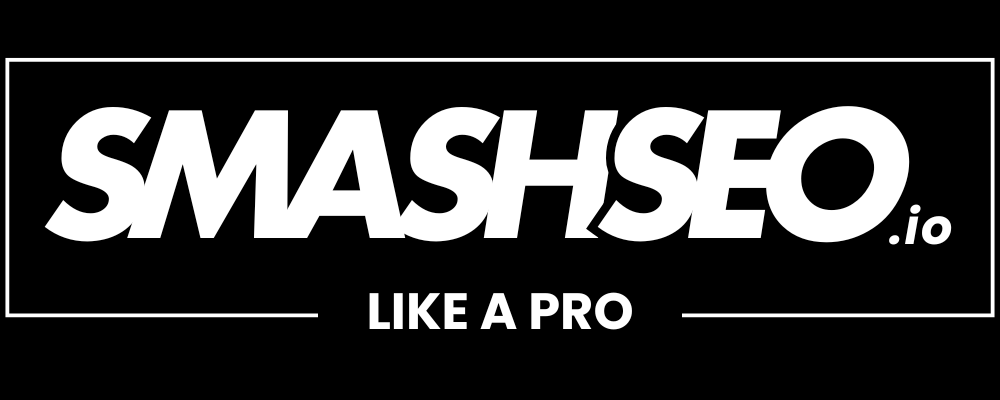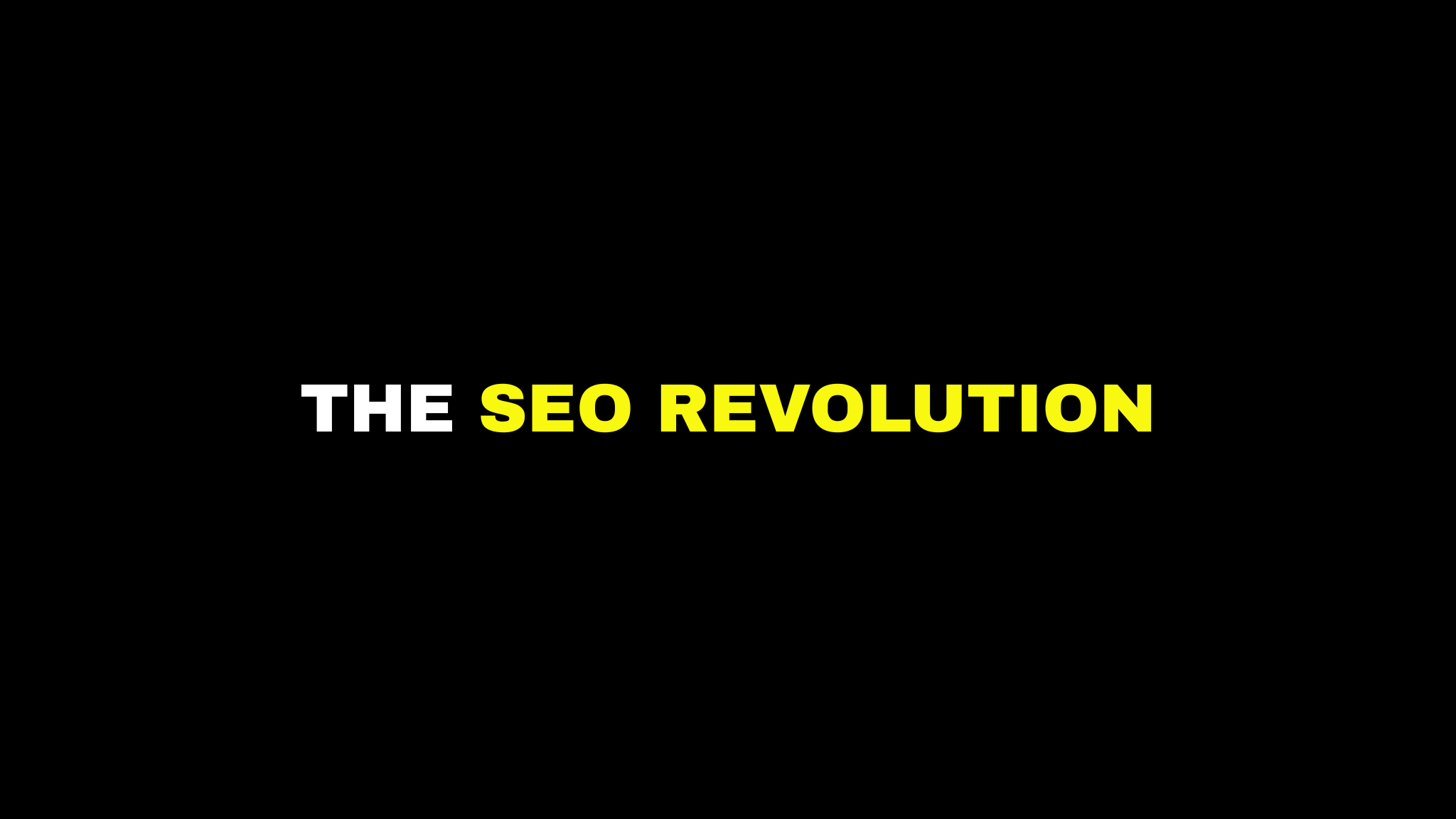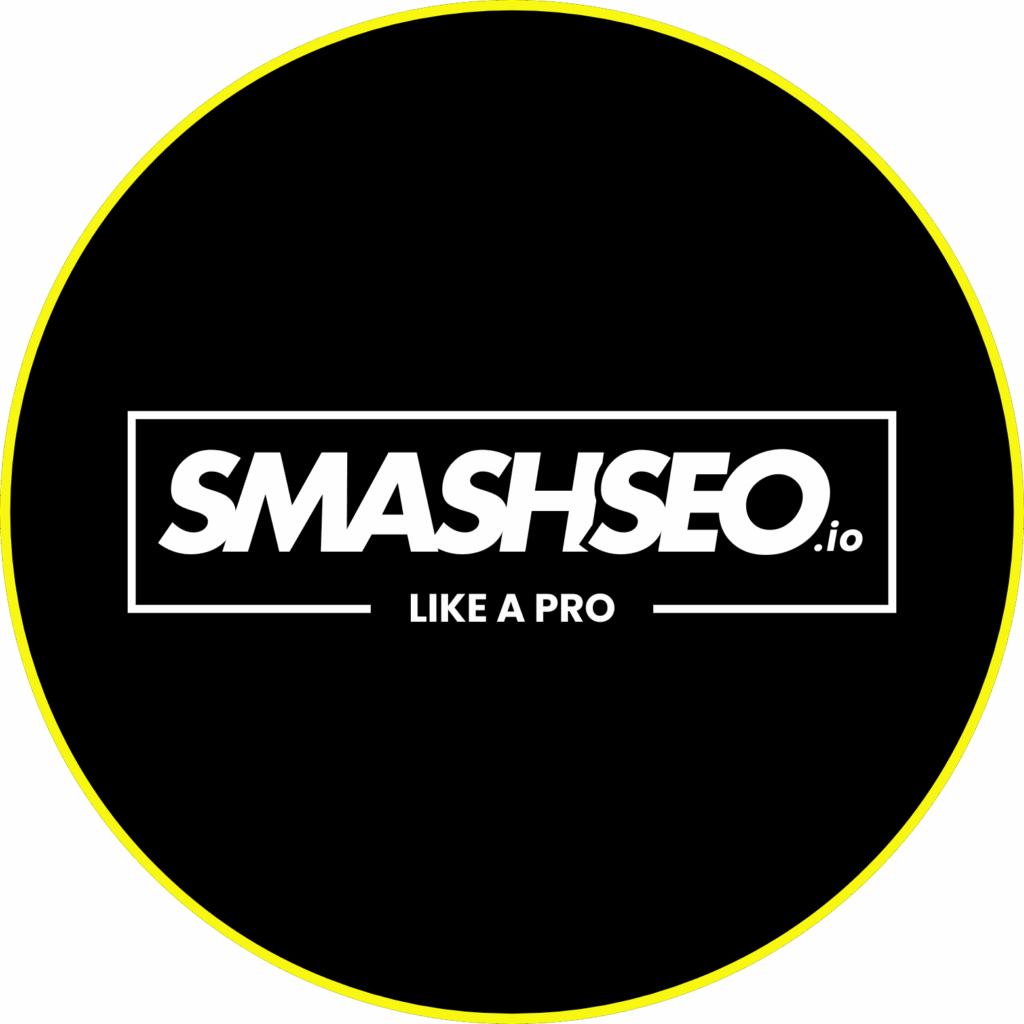The £5,000 Problem: Why Traditional Content Creation Models Are Failing Agencies
For years, marketing agencies have faced a persistent challenge that has only intensified with the growing importance of content marketing. Quality SEO content writing requires a unique combination of technical expertise, industry knowledge, and creative flair—skills that command premium rates in the freelance market. A skilled SEO content writer typically charges between £0.10 to £0.50 per word, meaning a single 2,000-word article can cost anywhere from £200 to £1,000. When agencies need to produce consistent, high-quality content for multiple clients, these costs quickly spiral beyond £5,000 monthly, creating unsustainable overheads that eat into profit margins.
The challenge extends beyond mere cost considerations. Freelance writers, regardless of their talent, face human limitations that impact consistency and scalability. They require detailed briefs, multiple revision rounds, and careful project management to ensure brand voice alignment across different clients. Additionally, the best SEO writers are often booked months in advance, creating bottlenecks that can delay campaign launches and frustrate clients who expect rapid turnaround times in today’s fast-paced digital environment.
According to research by the Content Marketing Institute, 70% of B2B marketers are creating more content than they did one year ago, yet 65% struggle with producing content consistently. This growing demand, coupled with the limited supply of skilled content creators, has created a perfect storm that’s forcing agencies to seek alternative solutions.
The AI Revolution: How Intelligent Content Generation Is Transforming Agency Operations
The emergence of sophisticated AI SEO content platforms represents a paradigm shift that’s addressing the core challenges agencies face with traditional content creation. Unlike generic AI writing tools that produce bland, unfocused content, specialised platforms like ours at SmashSEO.io have been engineered specifically to understand the intricate relationship between content quality, search engine optimisation, and conversion-focused writing.
Our AI engine doesn’t simply generate text; it creates strategically optimised content that incorporates keyword research, semantic SEO principles, and user intent analysis. This means agencies can produce content that not only reads naturally but also performs exceptionally well in search engine results pages (SERPs). The technology behind modern AI content generator for agencies solutions has evolved to understand context, maintain brand voice consistency, and adapt to different industry verticals—capabilities that were unimaginable just two years ago.
What sets advanced AI content platforms apart is their ability to learn and improve over time. As agencies input more information about their clients’ businesses, target audiences, and performance goals, the AI becomes increasingly sophisticated in its content recommendations and generation. This creates a compounding effect where the quality and relevance of generated content actually improves with usage, something that’s impossible to achieve with traditional freelance arrangements.
Marketing Agency Automation: Streamlining Content Workflows for Maximum Efficiency
The most successful agencies are those that have embraced marketing agency automation not as a replacement for human creativity, but as an amplifier of their strategic capabilities. By automating the content creation process, agencies can redirect their human resources toward higher-value activities such as strategy development, client relationship management, and campaign optimisation.
Modern AI-powered content platforms integrate seamlessly with existing agency workflows, allowing teams to maintain their established processes whilst dramatically increasing output. Our SEO builder for marketing teams functionality enables agencies to create comprehensive content calendars, manage multiple client accounts simultaneously, and ensure consistent publishing schedules without the logistical complexities of coordinating with multiple freelance writers.
The automation extends beyond content creation to include publication scheduling, performance tracking, and even content optimisation based on real-time analytics data. This level of integration means agencies can offer their clients more comprehensive services whilst operating with leaner teams and more predictable costs. The McKinsey Global Institute estimates that generative AI could increase productivity by 0.6 to 4.4 percentage points annually across various industries, with marketing being one of the most significantly impacted sectors.
Cost-Effective Solutions: The Financial Impact of AI-Powered Content Creation
The financial transformation that agencies experience when transitioning to AI-powered content creation is nothing short of remarkable. Where a single freelance writer might cost £5,000 monthly to produce 20-25 high-quality articles, our platform enables agencies to generate unlimited content for a fraction of that investment. This dramatic cost reduction doesn’t come at the expense of quality; instead, it represents a fundamental shift in how content value is created and delivered.
The economics become even more compelling when considering the scalability factor. Traditional content creation models require linear cost increases—more content means more writers, more management overhead, and more complexity. Automated content creation tools operate on a different paradigm where increased output doesn’t necessarily correlate with proportional cost increases. This scalability advantage allows agencies to take on more clients, offer more competitive pricing, and maintain healthier profit margins simultaneously.
Beyond direct cost savings, agencies report significant improvements in cash flow predictability and project profitability. With traditional freelance arrangements, agencies often face unpredictable costs due to revision requests, project scope changes, or writer availability issues. AI-powered platforms provide transparent, predictable pricing that enables more accurate project budgeting and improved client relationships.
Quality at Scale: Maintaining Excellence While Increasing Output
One of the most persistent concerns agencies express about AI content generation relates to quality maintenance. The fear that automated content might lack the nuance, creativity, or strategic insight of human-written pieces is understandable but increasingly unfounded when working with sophisticated platforms designed specifically for professional content creation.
Our AI engine has been trained on millions of high-performing content pieces, enabling it to understand not just what makes content readable, but what makes it effective for specific business objectives. The platform incorporates advanced natural language processing capabilities that ensure content maintains appropriate tone, style, and complexity for target audiences whilst adhering to SEO best practices that drive organic visibility.
Quality assurance in AI content generation involves multiple layers of analysis and optimisation. The system evaluates content for readability scores, keyword density, semantic relevance, and structural coherence before presenting it to users. This multi-faceted approach to quality control often results in more consistently high-quality content than traditional methods, where quality can vary significantly based on individual writer capabilities and circumstances.
The Strategic Advantage: How AI Content Marketing Drives Competitive Differentiation
Agencies that have successfully integrated AI content marketing into their service offerings report significant competitive advantages that extend far beyond cost savings. The ability to produce high-quality, SEO-optimised content at scale enables agencies to offer more comprehensive packages, faster turnaround times, and more competitive pricing—factors that are increasingly important in winning new business and retaining existing clients.
The strategic implications are profound. Agencies can now experiment with content strategies that would have been prohibitively expensive with traditional approaches. A/B testing different content angles, creating comprehensive content hubs around specific topics, or developing industry-specific content series all become feasible when the marginal cost of content creation approaches zero.
Furthermore, the data insights generated by AI content platforms provide agencies with valuable intelligence about content performance, audience engagement patterns, and optimisation opportunities. This data-driven approach to content strategy enables more informed decision-making and better client outcomes, creating a virtuous cycle of improved performance and client satisfaction.
Implementation Success: Best Practices for Agencies Transitioning to AI Content
Successfully implementing AI-powered content creation requires a strategic approach that considers both technical integration and team adaptation. The most successful agencies begin with pilot projects that demonstrate the platform’s capabilities whilst allowing team members to become comfortable with new workflows and processes.
Training and change management play crucial roles in successful implementation. Team members need to understand how to effectively brief AI systems, review and refine generated content, and integrate AI-produced pieces into broader marketing strategies. This isn’t about replacing human expertise but rather augmenting it with powerful technological capabilities.
The key to maximising results lies in understanding how to provide the AI system with comprehensive context about client businesses, target audiences, and strategic objectives. The more detailed and specific the input, the more targeted and effective the generated content becomes. Agencies that invest time in properly configuring their AI content systems consistently report better results and higher client satisfaction rates.
Future-Proofing Your Agency: The Long-Term Benefits of AI Content Adoption
The agencies that are embracing AI content generation today are positioning themselves for sustained success in an increasingly competitive marketplace. As client expectations continue to evolve and content demands grow, the ability to deliver high-quality, consistent content at scale becomes a fundamental competitive requirement rather than a nice-to-have advantage.
The technology continues to advance rapidly, with improvements in natural language understanding, industry-specific knowledge, and integration capabilities being released regularly. Agencies that begin their AI content journey now will benefit from continuous platform improvements whilst building internal expertise and optimised workflows that compound over time.
Perhaps most importantly, AI content platforms enable agencies to focus on what they do best—strategic thinking, client relationship management, and creative problem-solving—whilst automating the more routine aspects of content production. This evolution allows agencies to deliver higher-value services and build stronger, more profitable client relationships.
At SmashSEO.io, we’ve designed our platform specifically to address the unique challenges that marketing agencies face in today’s content-driven marketplace. Our AI engine for scalable content marketing combines sophisticated natural language generation with deep SEO expertise, enabling agencies to produce unlimited high-quality content that drives real business results for their clients.
If you’re ready to transform your agency’s content creation capabilities and reduce your reliance on expensive freelance writers, we invite you to explore our platform and discover how AI-powered content generation can revolutionise your business operations whilst improving client outcomes.
Frequently Asked Questions
How does AI-generated content compare to human-written content in terms of SEO performance?
Modern AI content platforms like SmashSEO.io are specifically designed to incorporate SEO best practices, keyword optimisation, and search intent analysis. Our AI engine understands semantic SEO principles and creates content that often outperforms human-written pieces in search rankings because it consistently applies technical SEO elements that human writers might overlook. The key is using a platform designed specifically for SEO content rather than generic AI writing tools.
Can AI content maintain brand voice consistency across different clients?
Yes, advanced AI content platforms can learn and maintain distinct brand voices for different clients. Our system allows agencies to input detailed brand guidelines, tone preferences, and style requirements for each client. The AI then generates content that adheres to these specifications consistently. Over time, as the system learns from feedback and examples, it becomes increasingly accurate at matching each client’s unique brand voice and messaging requirements.
What’s the typical implementation timeline for agencies switching to AI content generation?
Most agencies can begin generating quality content within their first week of using our platform. However, we recommend a phased approach starting with pilot projects to allow team members to become comfortable with the system. Full integration typically takes 4-6 weeks, during which agencies configure client profiles, establish workflows, and train team members. The learning curve is minimal, and most users report feeling confident with the platform within their first few content generation sessions.



